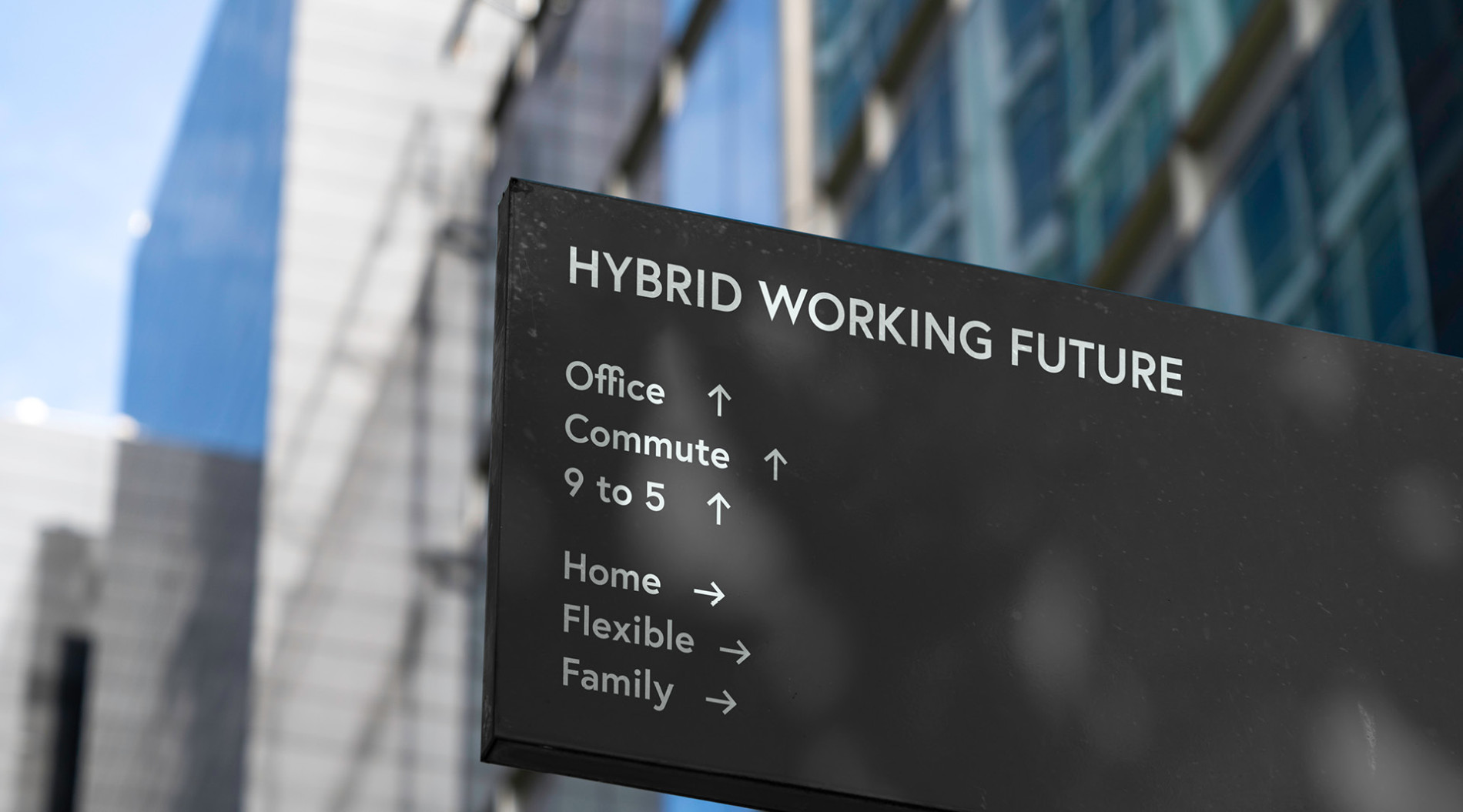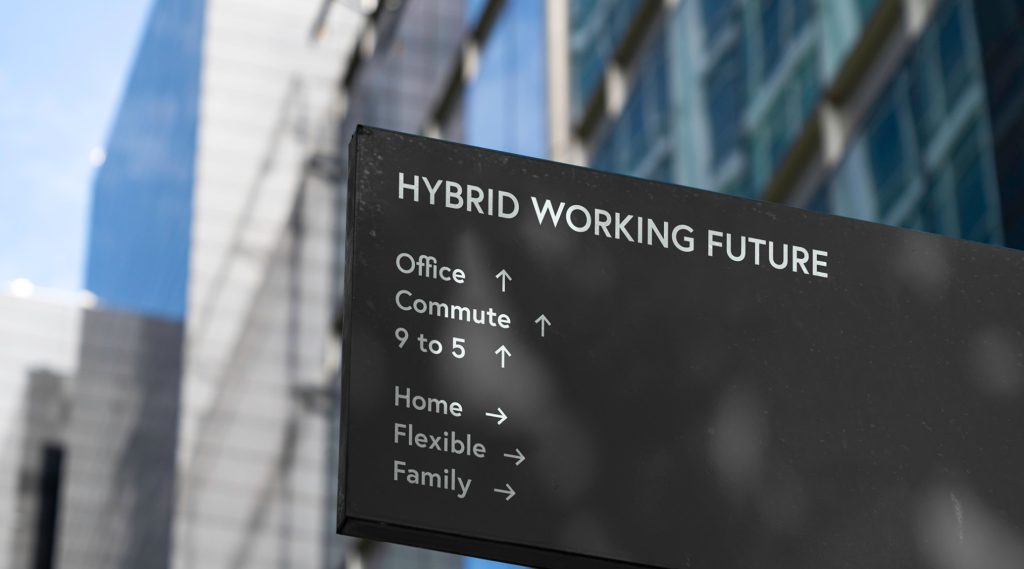Learning How to Say No: Setting Boundaries for Better Work-Life Balance
Many employees find themselves caught in a cycle of constantly saying “yes” to every request, task, or project that comes their way. Whether it’s due to a fear of disappointing others, appearing uncooperative, or missing out on opportunities, the inability to say “no” can lead to over commitment, stress, and burnout.
This article explores how learning to say “no,” when done thoughtfully, can enhance your productivity and performance, reduce burnout, and lead to a better work-life balance. By setting clear boundaries, you create space to recharge and focus on what’s truly important, both in your professional and personal life.
Why We Find It Hard to Say No
Before we delve into the benefits of saying “no,” it’s important to understand why many of us struggle with this simple two-letter word:
- Fear of disappointing others: Many employees worry about letting down colleagues, managers, or clients. This fear often leads to over commitment and taking on more than we can handle.
- Desire to be liked or valued: Saying “yes” is often linked to the desire to be seen as a team player or to feel valued in the workplace. We may fear that saying “no” will make us seem uncooperative or less dedicated.
- FOMO (Fear of Missing Out): Sometimes we say “yes” out of concern that we’ll miss important opportunities for career growth, networking, or recognition if we turn down requests.
- Cultural and social conditioning: In many cultures, saying “no” is perceived as negative or rude. This social conditioning creates pressure to agree, even when it’s detrimental to our well-being.
The Many Benefits of Saying No
Learning to say “no” can have a profound impact on your work-life balance and overall well-being:
- Reduced stress and burnout: By not over committing, you alleviate the mental load and reduce the risk of burning out from trying to do too much.
- Improved time management: Saying “no” to non-essential tasks allows you to prioritise effectively and stay focused on your goals and core responsibilities.
- Enhanced decision-making: Freeing up mental space by declining unnecessary commitments can lead to better decision-making and greater focus on meaningful tasks.
- Increased confidence: As you practise setting boundaries, you’ll gain confidence in your ability to manage your time and workload effectively.
- Creating time for personal life: By declining extra work commitments, you can free up time for hobbies, rest, and family – all essential components of a healthy work-life balance.
- Conserving energy: Saying “no” helps you preserve energy for what’s important, both at work and in your personal life.
- Aligning with values and goals: When you say “no” to tasks that don’t align with your core values or goals, you create space for activities that bring greater satisfaction – professionally and personally.
- Reducing stress at home: By not bringing excessive work stress home, you improve the quality of your personal relationships and home life.
Practical Tips for Saying No
Learning to say “no” is a skill that can be developed over time. Here are some practical tips to help you get started:
- Be polite but firm: Use respectful language when declining requests. For example, “I appreciate you thinking of me, but I’m currently at capacity and can’t take on additional tasks.”
- Assess each request: Before agreeing to something, ask yourself if it aligns with your core responsibilities or personal goals. If not, it might be a candidate for a “no.”
- Offer alternatives: When possible, provide other solutions. This could involve delegating the task, suggesting someone else who might be able to help, or offering assistance at a later time when your schedule allows.
- Practice in low-stakes situations: Start by saying “no” to small, less important requests. As you build confidence, you’ll find it easier to decline larger commitments when necessary.
- Be mindful of your capacity: Learn to recognise your physical and emotional limits. It’s okay to say “no” when you’ve reached your capacity.
- Explain your reasoning: While you don’t owe anyone a detailed explanation, briefly sharing your reasons for saying “no” can help others understand your decision.
- Use “I” statements: Frame your refusal in terms of your own limitations or priorities, rather than criticising the request. For example, “I don’t have the capacity to take this on” instead of “This project isn’t important enough.”
- Avoid over-apologising: While it’s fine to express regret, excessive apologising can undermine your decision and make you appear less confident.
Learning to say “no” is a valuable skill that can significantly improve your work-life balance and overall well-being. By setting clear boundaries, you take control of your time and energy, allowing you to focus on what truly matters both in your career and personal life.
Remember, saying “no” doesn’t make you less valuable or less committed to your job. Instead, it demonstrates that you’re a thoughtful professional who understands the importance of managing your resources wisely.
Start small by implementing boundaries in your daily work life. You may be surprised at how quickly you see positive effects on both your well-being and career satisfaction. As you become more comfortable with saying “no,” you’ll find yourself better equipped to handle the demands of your job while maintaining a fulfilling personal life.
Ready to take the next step in your career journey? At Adecco, we’re committed to helping professionals like you find the right balance and opportunities. Let’s have a conversation about your career goals and how we can support you in achieving them. Reach out to us today and start your journey towards a more balanced and satisfying work life.











